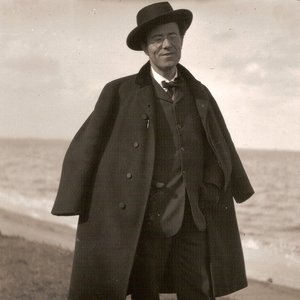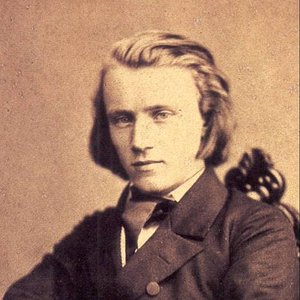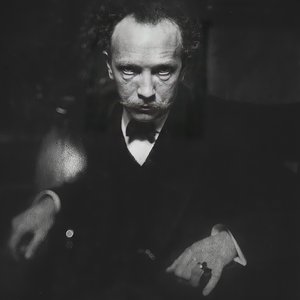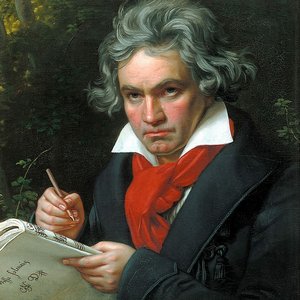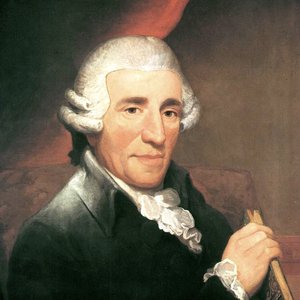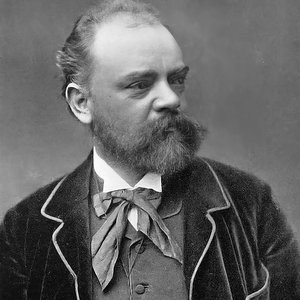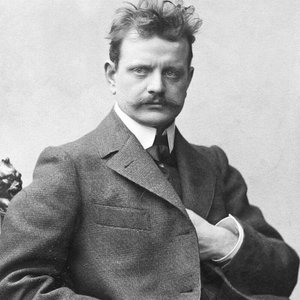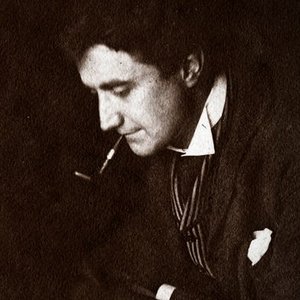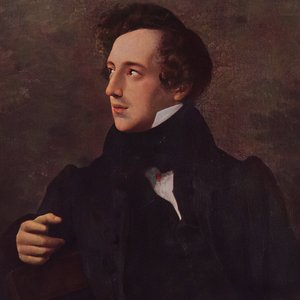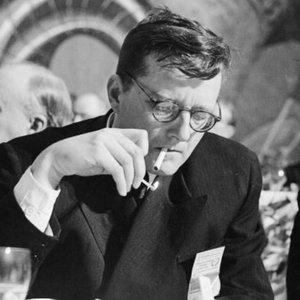Biography
-
Born
4 September 1824
-
Born In
Ansfelden, Oberösterreich, Austria
-
Died
11 October 1896 (aged 72)
Joseph Anton Bruckner (4 September 1824 – 11 October 1896) was an Austrian composer and organist known primarily for his symphonies and sacred music, which includes Masses, Te Deum, and motets. His symphonies are regarded as representative of the later period of Austro-German Romanticism, noted for their rich harmonic language, complex polyphony, and extended length. Bruckner's compositions contributed to the development of contemporary musical styles through their use of dissonance, unexpected modulations, and shifting harmonies.
Unlike some of his contemporaries such as Richard Wagner and Hugo Wolf, Bruckner demonstrated a respectful attitude toward other prominent musicians, particularly Wagner. This contrast between Bruckner’s personality and his compositional style presents challenges when attempting to provide a simple narrative context for his music. The German conductor Hans von Bülow described him as "half genius, half simpleton." Bruckner was known for being self-critical and frequently revised his works, resulting in multiple versions of many compositions.
Bruckner’s symphonies received mixed reactions during his lifetime. Some critics, including the Austrian critic Eduard Hanslick and supporters of Johannes Brahms, criticised the large scale and repetitive elements of his works, as well as his habit of revising compositions, sometimes with the help of others, leading to uncertainty about which versions he preferred. Despite this, he was highly regarded by later composers, including Gustav Mahler, who was also a friend.
Artist descriptions on Last.fm are editable by everyone. Feel free to contribute!
All user-contributed text on this page is available under the Creative Commons Attribution-ShareAlike License; additional terms may apply.
